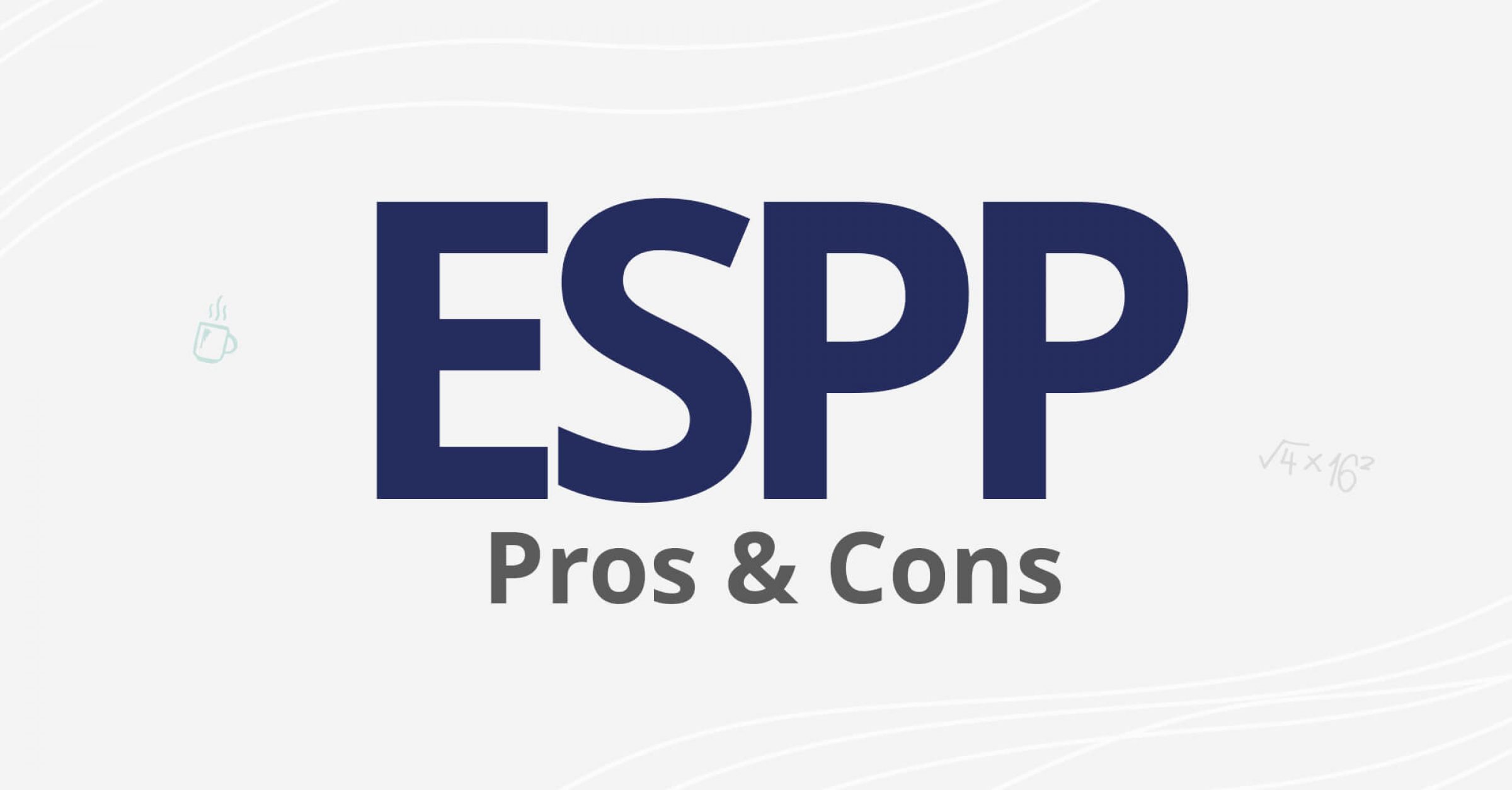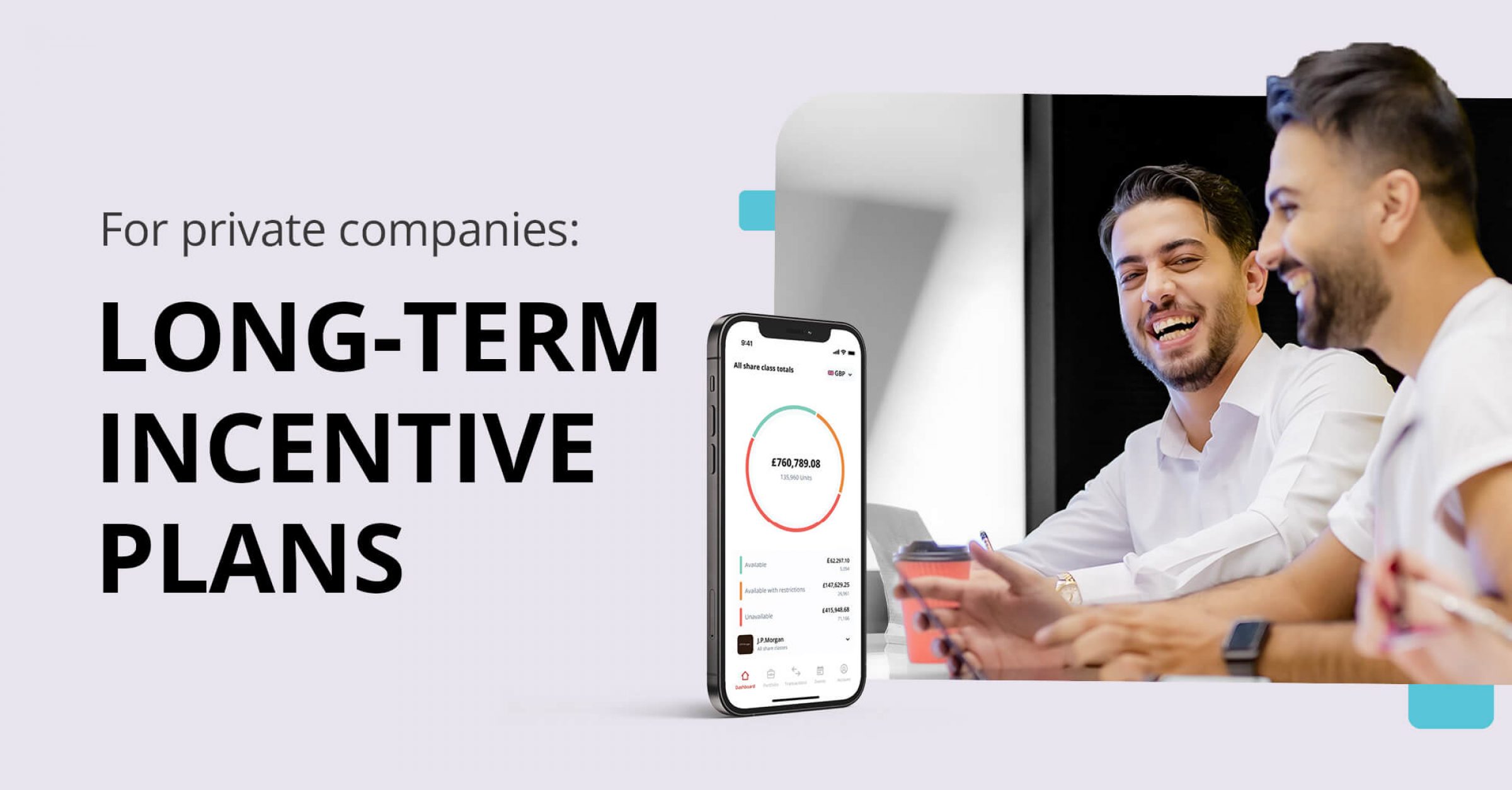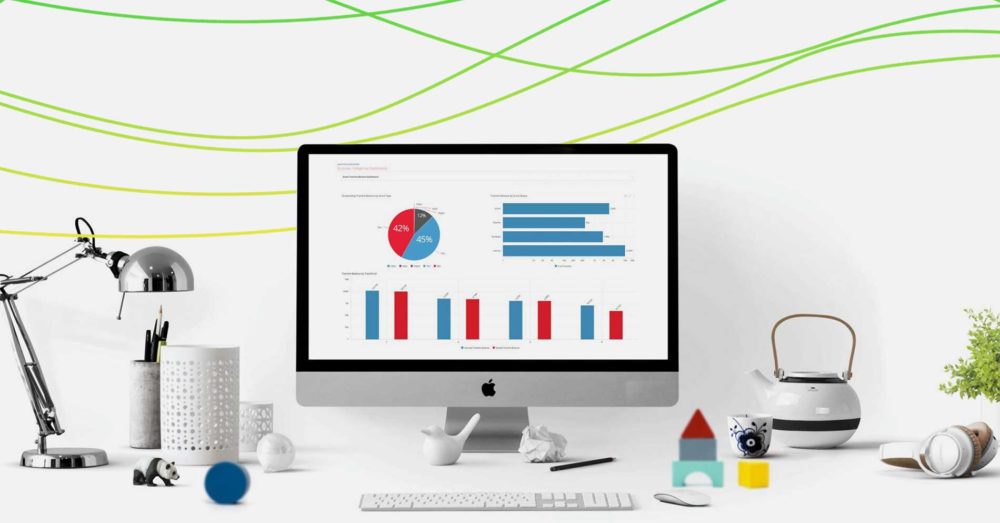Once upon a time, a spreadsheet represented the cutting edge of data organization technology, and as such its limitations were borne with a philosophical grimace and accepted as being largely unavoidable. However, businesses no longer need to endure the frustration that spreadsheets can bring or, more importantly, the risks attached to their use in the context of employee stock plan management.
Nowadays, stock plan management software represents the best way for a company to oversee any such scheme, and yet many still use spreadsheets. It may well be that spreadsheets remain ubiquitous simply because they were the only show in town for so long. But using spreadsheets merely because you’ve always used them and using them for key tasks when better solutions are available leaves much to be desired.
More than that, businesses who rely on spreadsheets for maintaining sometimes huge volumes of potentially complex data aren’t merely making life unnecessarily difficult, they are potentially inviting disaster.
That is not hyperbole. The different outcomes associated with using a cap table spreadsheet over cap table management software can be that stark.
The dangers of managing an employee stock plan on a spreadsheet

It can be hard to break the spreadsheet habit as they’ve become a core way to operate so many different things.
So, what are some of the typical pitfalls associated with spreadsheets and why should businesses think twice before looking to manage their employee stock plan on that kind of platform?
1. Human error will occur
Spreadsheets lend themselves to errors. One person staring at a sea of numbers is going to make a mistake at some point. It is inevitable. The issue with stock plans is that any human error at the data input stage can have serious consequences down the line. Even a simple typo or rounding error can lead to serious headaches.
2.There will be scalability issues as you grow
At the outset, when a company is in its early stages, a cap table spreadsheet might seem sufficient to set up the cap table and track initial changes. However, if the business gains traction, then that document may quickly become more complex, and keeping track of cap table changes – such as issuing options, tracking vesting schedules, and categorizing multiple classes of shareholders – in a spreadsheet can become increasingly problematic.
3. There may be a lack of version control
Spreadsheets are easy to copy and share, which raises the danger of multiple versions of the document circulating among internal colleagues, with changes made to one version not necessarily logged in another and so on. The net effect of this can be to create ambiguity and confusion around which version is the definitive or if anyone version contains all updates at any given time.
4.Spreadsheets are time and labour intensive:
Spreadsheets don’t update automatically. Every change in personnel – joiners and leavers – and stock ownership will need to be manually logged. And that takes time. Aside from the inevitability of errors, as mentioned above, the sheer time and effort involved in maintaining a spreadsheet make it an inefficient exercise, and the more complex a cap table spreadsheet becomes, the more time goes into it and the more inefficient it becomes.
Perhaps none of these issues when viewed in isolation seem overly problematic but the challenge comes around the accumulation of negative possibilities associated with spreadsheets. Problems are inevitable and the worst-case scenario would be for multiple issues to kick in at the same time, with this threatening chaos and requiring a lot of time and effort to resolve.
There is a better way to manage your employee stock plan
 Using digital platforms is a much more efficient way of managing your equity compensation plans than spreadsheets
Using digital platforms is a much more efficient way of managing your equity compensation plans than spreadsheets
It was one thing for companies to resign themselves to this possibility when Microsoft Excel was the only game in town, but those days are long gone, and that level of pain is no longer necessary. There are alternatives now. Equity plan management software allows companies to manage employee stock plans in an efficient and relatively painless way. Many companies are already aware of and enjoying the possibilities in this area, but others continue to court disaster needlessly by persisting with a spreadsheet format that has arguably been made redundant by other software developments in recent years.
Equity compensation software enables companies to set up and manage a wide range of equity award types. One of the key features is an element of automation that neutralizes some of the pitfalls associated with conventional spreadsheets, in that you reduce the possibility for human error and maintaining the plan data becomes less time and labour intensive.
Also, this kind of software is designed by experts who understand stock option administration and work to ensure that the final product will be user-friendly for Administrators and plan participants alike. The net effect of this is that it allows Administrators to monitor transactions and run reports as required and participants to enjoy a personalized portal experience that demystifies the process and allows them to track and monitor their shareholding with a minimum of fuss.
Global Shares specializes in offering stock plan management software solutions. Contact us now for more information on how best to manage your employee stock plan.
Please Note: This publication contains general information only and Global Shares is not, through this article, issuing any advice, be it legal, financial, tax-related, business-related, professional or other. The Global Shares Academy is not a substitute for professional advice and should not be used as such. Global Shares does not assume any liability for reliance on the information provided herein.








